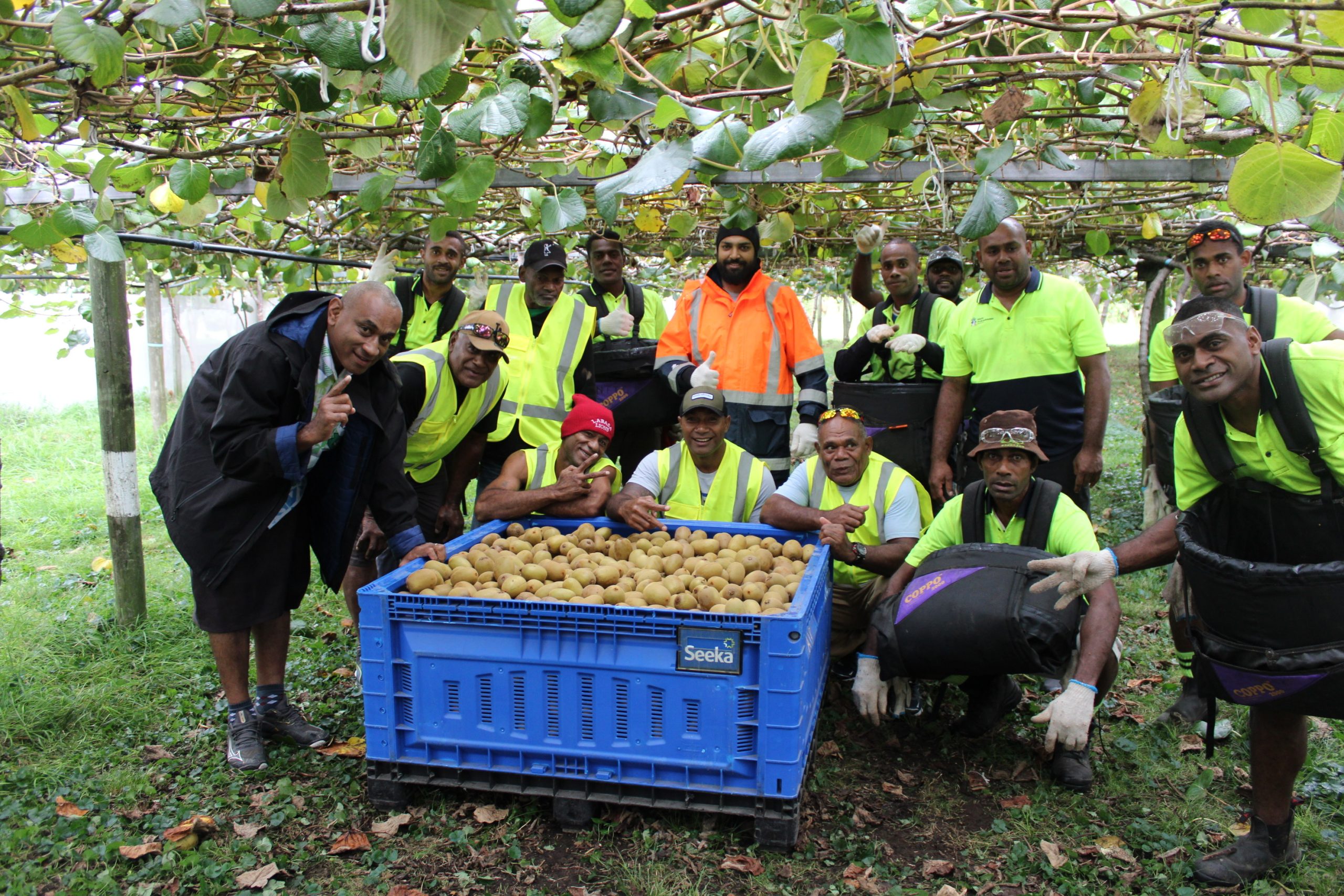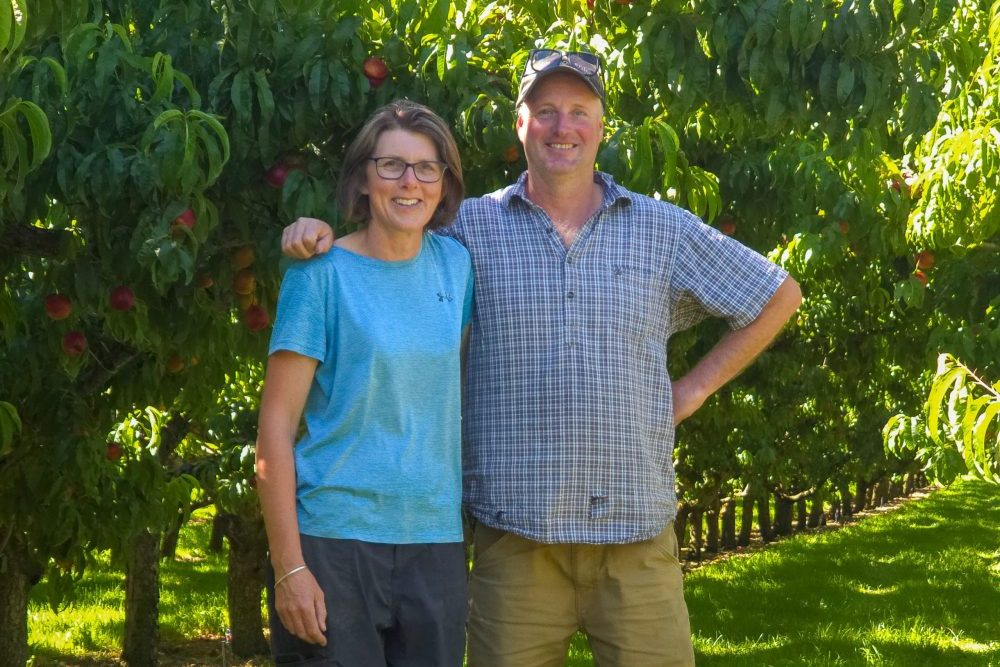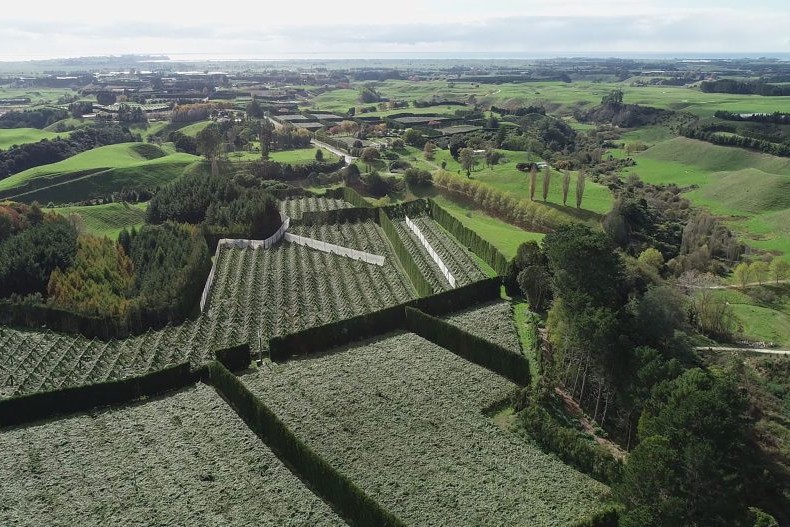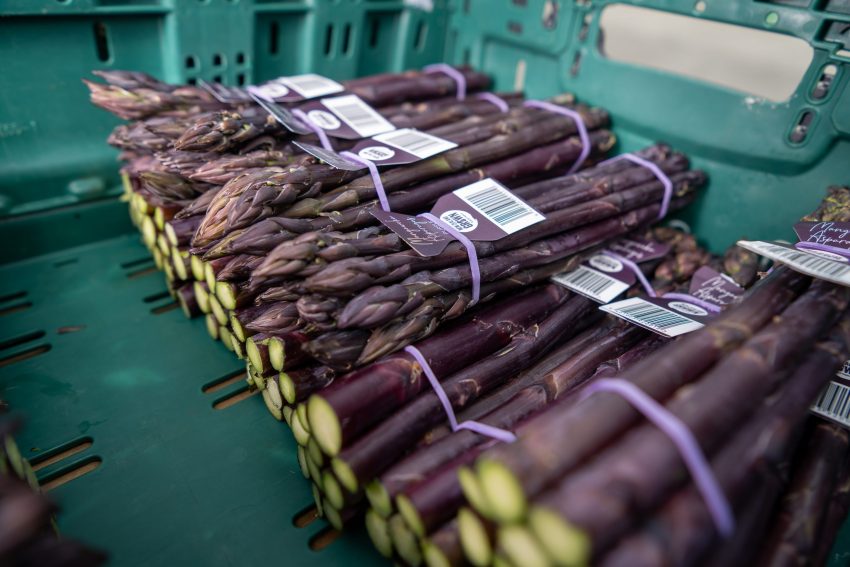Iwi-to-Village Connections
Five Fijian ratus (chiefs) recently attended a special ceremony in Matapihi to celebrate the Ngāi Tukairangi Trust relationship with their villages’ Recognised Seasonal Employer (RSE) workers. Words Carly Gibbs, Photos John Cowpland.

The kiwifruit vines that blanket the left side of coastal Matapihi in Mount Maunganui are maintained by a team of Fijian men who had never seen kiwifruit until arriving in New Zealand.
Despite their knowledge of the All Blacks and Super Rugby, little was known about the country’s other hot commodities, Hayward and SunGold.
Ratu Roseru, 37, recently completed his third seven-month stint in Matapihi under the Recognised Seasonal Employer (RSE) scheme.
“The second year was much easier once I knew the work,” he chuckles.
Farming in his home village (Masi, 45 minutes inland from the nearest tarseal road in the Nuku District) is done without any machinery or specialist tools like secateurs. His first time on a tractor was in Matapihi, and it was a scary experience. “We only use a fork, knife and spade back home,” he says.
Ratu is a farmer and a former private in the Fijian army territorial force. He spent more than a year fighting on Iraq’s frontline in 2015. “It was hard. People died every day.”
Coming to New Zealand to work in the kiwifruit industry was easy in comparison, but for some of his colleagues and relatives, from his same remote village, it was their first time on an airplane.
For the past three years, Ratu has led 10 Fijian labourers on a 50ha Matapihi green and gold orchard and a 6ha Te Puke green orchard, owned by Ngāi Tukairangi Trust.
Iwi meets village
Established in the 1980s, Ngāi Tukairangi Trust owns 227ha of kiwifruit, apple, and persimmon orchards across the Bay of Plenty, Hawke’s Bay, Gisborne and Northland, and is a shareholder in several horticulture companies.
In 2020, the trust built a modern accommodation ‘village’, comprising cabins for 24 workers, a courtyard with picnic tables, and shared kitchen, lounge and bathroom – adjacent to its head office in Matapihi.
“We wanted it to be an iwi-meets-village scenario,” the trust’s general manager Andrew Wood says, explaining that a “scattergun approach” of scooping up workers from different locations in vans didn’t appeal.
“We contacted the government in Fiji, and they gave us two villages on the main island to go and see.”
Since then, the trust, comprising 2,000-plus Māori shareholders and 80 permanent staff, has ‘adopted’ 40 Fijian workers from five villages along the Navua River line in the Nuku District, who have become whānau to Ngāi Tukairangi and the Matapihi community, and on each arrival are welcomed with a pōwhiri at Hungahungatoroa Marae. The Nuku District was chosen due to its community spirit and the fact that it is centred around a primary and secondary school.
Trust Chairman Ratahi Cross says they also employ workers from Samoa, but their connection with the Nuku people is particularly close, and Ngāi Tukairangi’s management team visits them every year to connect and ensure their positive impact.
Learnings to take home
In April, the special symbiosis of that relationship was on display when Ngāi Tukairangi paid for five Nuku ratus and the manager of wellbeing for Fiji’s iTaukei Affairs Board, Jone Driu Drugunalevu, to visit Matapihi over three days to see where some of their men work.
Their stay was marked by a feast and kava ceremony, where the RSE workers sang in harmony. Jone and each chief were gifted a different pounamu or jade toki (necklace).
Jone says seeing the available resources in New Zealand and how Māori have tapped into them to grow an asset base was of interest, as was seeing first-hand the linkages of Fijians as labour input.
Benefits include paid employment for ‘desperate’ Fiji youths, learning time management, different methodologies for crop growing, and responsibility for fruit graded in a packhouse – all transferable skills for when the men return home. Furthermore, Māori and Pacific themes blend well, providing a natural foundation for relationship building.
Bay of Plenty National MP Tom Rutherford and Chair of NZ Ethical Employers Mike Chapman attended the dinner and spent time with Ngāi Tukairangi RSE workers.
“Ngāi Tukairangi aren’t the only example of best practice under the RSE scheme,” Mike says. “But they are a standout, demonstrating how the scheme should operate and leading by example. Ngāi Tukairangi set the benchmark for what the RSE scheme can and should look like.”
A two-way street
An example of best practice is the two-way street in which they show appreciation. Ratahi says hosting the chiefs in New Zealand, which included sightseeing, was to acknowledge how grateful the trust is for them sending whānau members here for months on end.
The trust also gives back to the Nuku people via student scholarships, school and sports equipment, rugby jerseys, and generators for Nuku High School, which had no power. Next, they plan to invest in business education for Nuku youth.
Ratahi says they happily give back but are mindful not to upset the balance of the villages and leave too many expectations.
“Instead of looking at long-term expectations, you’ve got to look at short-term gains that build something that doesn’t require us for the next step.”
The RSE scheme was developed as a partnership between the horticulture industry and the government to address seasonal labour shortages. Today, labour inspectors oversee compliance across more than 150 approved RSE employers. “Poor employers don’t make it into the scheme,” says Mike. “It’s well managed, with a strong focus on worker wellbeing. Without the RSE scheme, the horticulture and wine industries simply wouldn’t have grown.”
Tom says last year the government increased the RSE worker cap by 1,250 to 20,750 for the 2024–25 year and made other changes, including adding Timor-Leste to the list of eligible countries to partake in the RSE scheme.
Ratu, whose dad, Chief Alusio Vunivalu, was here for the visit, says the RSE scheme has financially changed the lives of families like his. He’s married to Kinisimere, a school teacher, and they have sons Ratu Samuele, eight, and Ratu Demesio, seven, whom he speaks to on the phone twice daily while away. He and his RSE teammates have gone from making $5 an hour in Fiji to $25.85 in New Zealand.
“When we first came here, in the first year, one of the boys could build a house straight away from [one seven-month stint],” he says. “Some of the boys extended their houses. It changed a lot of households. It is hard being away from family, but you reap what you sow later.”
“Ratu Roseru and his Fijian teammates have gone from making $5/hr in Fiji to $25/hr in New Zealand.”
Unmatched workforce
Andrew Wood says the Pasifika workers are reliable, keen and have reverence for hard work.
“We would love to employ Kiwis; we are actively trying to employ Kiwis, but it’s hard to find as many keen Kiwis.”
Ratahi echoes this, saying even independent travellers don’t compare to the work ethic of RSEs. “These guys are here because they really want to feed their family,” he says.
Nuku villagers chose Ratu as their team leader in New Zealand, and they look after his and the other men’s plantations of taro, kava, and cassava while they’re away, which happens on a team rotation basis.
Building their economy through equal employment opportunity in New Zealand also gives villagers the incentive to give back to themselves.
Ratu says, “It’s an opportunity to help our families have a better life as a village; as a community.”




